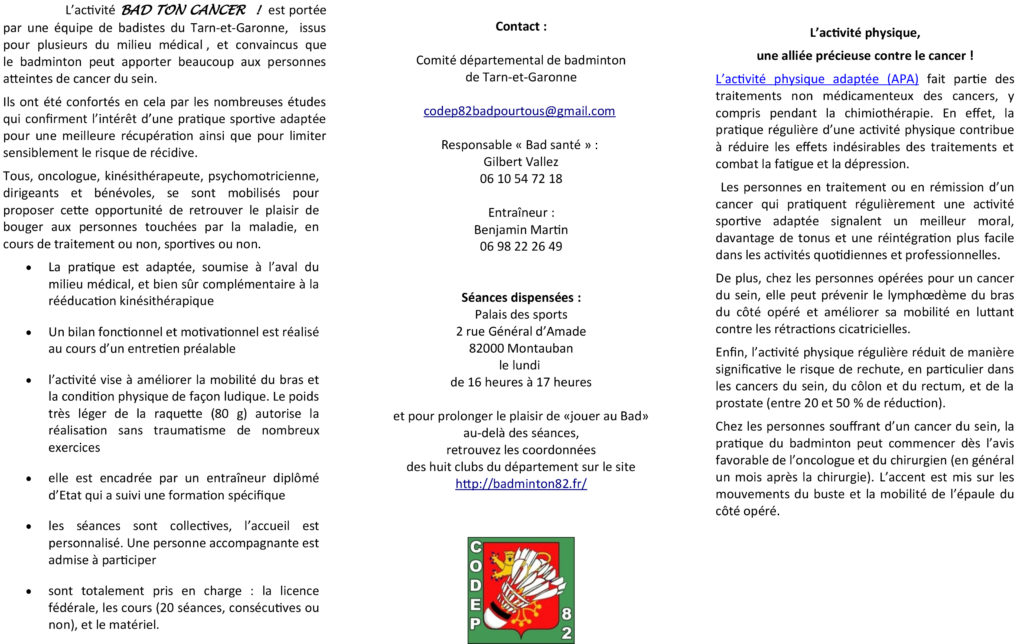
Tourism During the Industrial Revolution 16 Principles of Tourism Part 1 By: Zenaida L. Soon entertainment was added and dozens of watering places became resort hotels. Travelers immersed themselves in the healing waters.The term “spa” is derived from the Waloon word “espa” meaning fountain.As young men sought intellectual improvement in the continent, the sick sought a remedy for their illness in “spas” or medicinal baths.15 Principles of Tourism Part 1 By: Zenaida L. By the end of the 18th century, the practice had become institutionalized for the upper class of society.Pleasure-seeking young men of leisure traveled predominantly throughout France and Italy to enjoy the cultures and social life of Europe, with Venice, Florence and Paris as the key attractions.While apparently educational, the appeal became social.

In time, it became recognized that the education of a gentleman should be completed by a “Grand Tour” of the cultural centers of the continent which lasted for three years.ġ4 Principles of Tourism Part 1 By: Zenaida L.13 Principles of Tourism Part 1 By: Zenaida L. This practice was gradually adopted by others in the lower social scale.Under Elizabeth I, young men seeking positions in court were encouraged to travel to the continent to widen their education.12 Principles of Tourism Part 1 By: Zenaida L. Travel for education became popular in the 16th century.With the Renaissance, a few renowned universities developed so that travel for education was introduced largely by the British.Tourism During the Renaissance and Elizabethan Eras Crusaders and pilgrims were the only ones who traveled.ġ1 Principles of Tourism Part 1 By: Zenaida L.No one during this time traveled for pleasure.Thieves inflicted harm on those who dared to travel.ġ0 Principles of Tourism Part 1 By: Zenaida L.After the decline of the Roman Empire in the 5th century, roads were not maintained and they became unsafe.Travel, derived from the word travail, became burdensome, dangerous and demanding during this time.ĩ Principles of Tourism Part 1 By: Zenaida L.During the medieval period, travel declined.8 Principles of Tourism Part 1 By: Zenaida L. Beginning in 1388, English pilgrims were required to obtain and carry permits, the forerunner of the modern passport.James of Galicia was the foremost destination of English pilgrims in the 14th century. Pilgrimages were made to fulfill a vow as in case of illness or of great danger or as penance for sins.ħ Principles of Tourism Part 1 By: Zenaida L.Took the form of pilgrimages to places of worship.6 Principles of Tourism Part 1 By: Zenaida L. Roman traveler was largely aided by improvement in communications, first class roads and inns (forerunners of modern hotels).At this time, there was also travel for private purposes.5 Principles of Tourism Part 1 By: Zenaida L. Both the Greeks and Romans were wellknown traders and as their respective empires increased, travel became necessary.




 0 kommentar(er)
0 kommentar(er)
